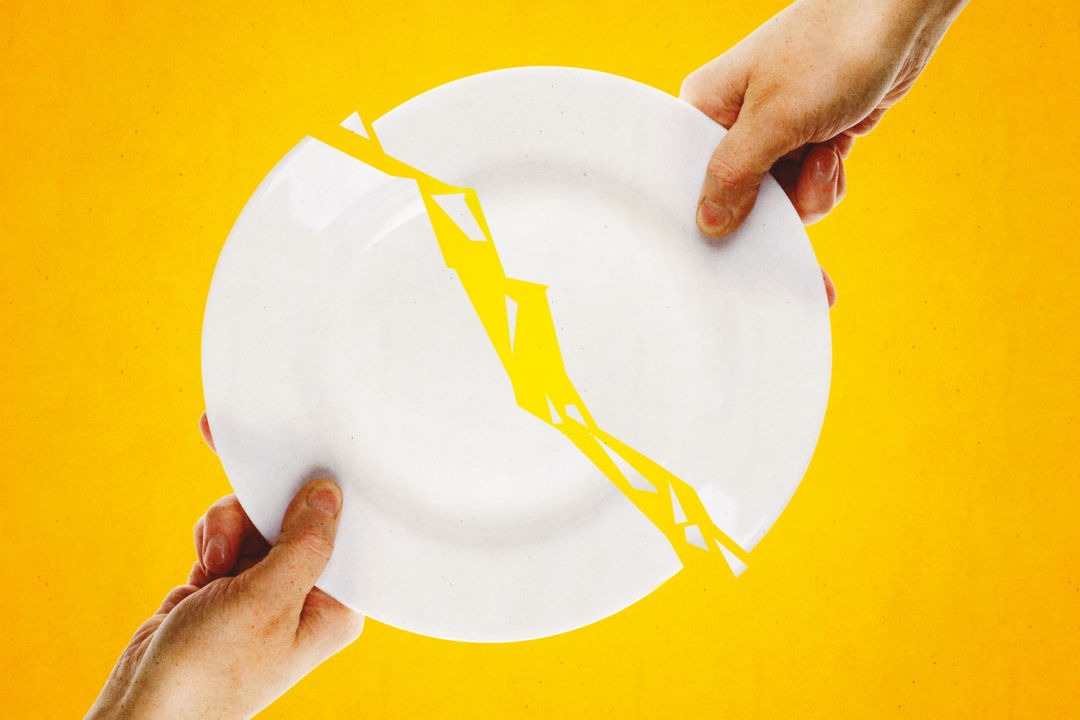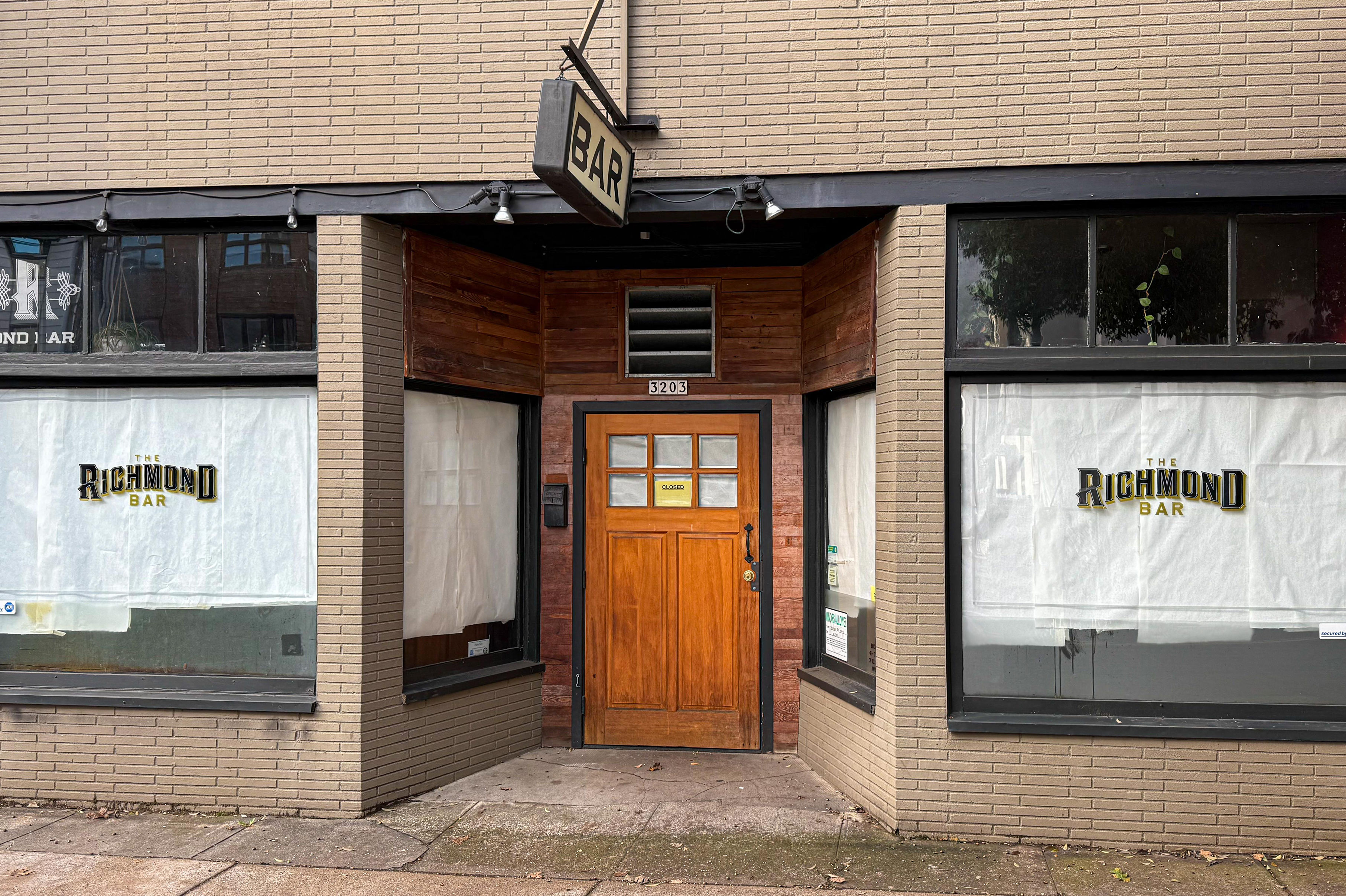Is Tipping Dead?

Image: Shutterstock/Ostill
It’s nearly dinnertime at the Bent Brick, restaurateur Scott Dolich’s casual Slabtown tavern. Tyler Weeks, a 26-year-old cook, is preparing for his first private party. Despite spending seven years in the trenches of professional kitchens, tonight he’ll be taking orders and suggesting wine pairings.
“At first I was way out of my comfort zone,” says Weeks. “But it’s rewarding to break down a whole fish in the afternoon and get feedback on the same dish that night.”
Weeks’s expanded duties are just a small part of a bold new experiment to unify the roles of cooks and servers (back and front of house, respectively, in industry parlance) and end the long-standing wage chasm between the two realms.
Recall that classic coffee shop scene in Reservoir Dogs, when Mr. Pink refuses to tip and receives an extremely profane lecture on restaurant economics? Even though Oregon waiters usually make the state’s minimum wage of $9.25 an hour (elsewhere, depending on state law, some make as little as $2.13), the institutionalized tipping system often means they make serious bank regardless of their base pay. Back of-house workers typically earn much less, since they rarely, if ever, pocket a share of tips.
Now, the state is applying indirect pressure on restaurants to fix this system. This February, Gov. Kate Brown signed into law a bill that will raise the city’s minimum wage to $14.75 by 2022, possibly ushering in a wave of experimental new business models. Dolich is the first in Oregon to propose the creation of “one house” to bridge the financial gap. Starting this summer, low-level line cooks and servers at the Bent Brick and Park Kitchen, Dolich’s other restaurant, will start rotating from front to back every three months. Servers will become cooks; cooks will become servers. (Managers and high-level chefs, however, will not trade jobs.) Simultaneously, Dolich will ban tipping, raise menu prices by 18 percent, and says he may lay off a third of his staff. The move, he hopes, will allow him to pay servers and cooks equal amounts, without generating more resentment among his staff, and offer health insurance. “My biggest fear is public perception,” Dolich says. “Can they handle a $50 check?”
Whether servers will perform at their utmost without tipping as incentive remains to be seen. In Dolich’s mind at least, one thing is for sure: “This is the tip of the iceberg. I can tell you for certain that restaurants are going to look totally different in five years.”



